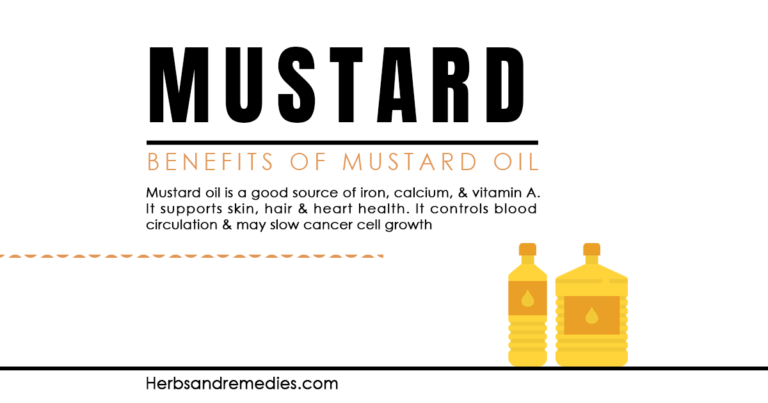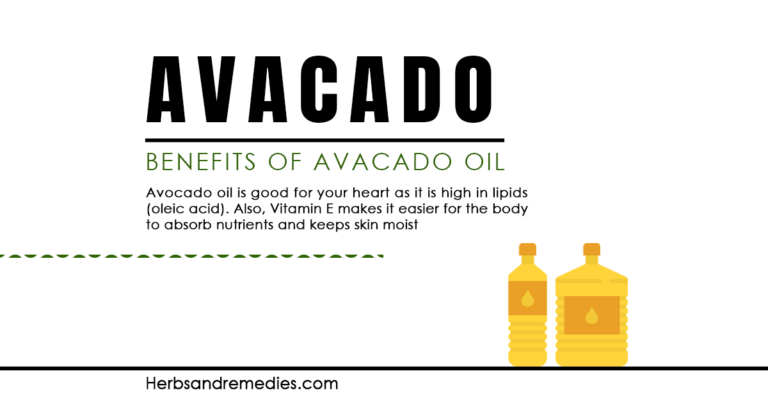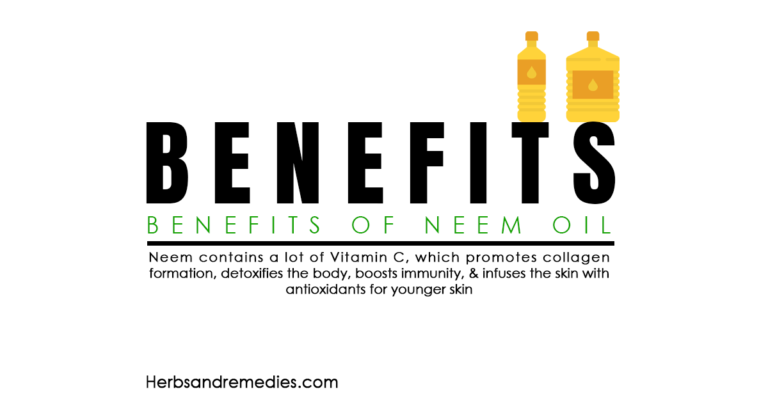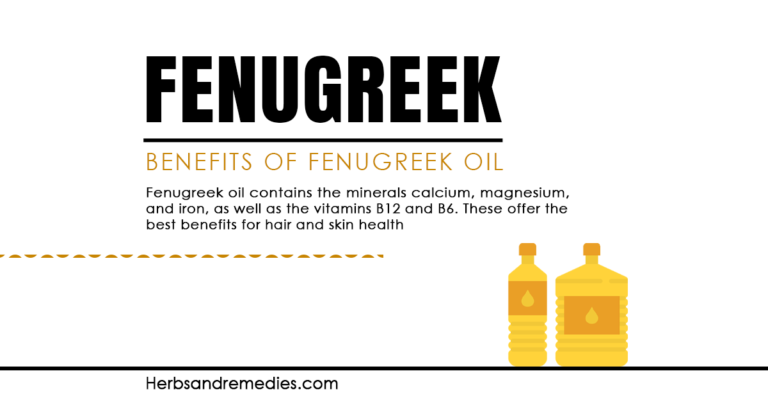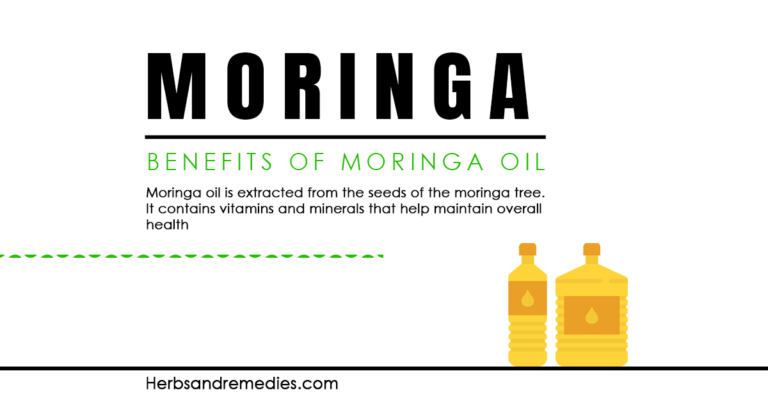Peanut Oil : The Health Benefits Of Peanut Oil
The humble peanut is the source of peanut oil, which has gained popularity for its conceivable health advantages. This cooking oil is known for being good for your heart because it is high in monounsaturated fat and tastes like olive oil.
Monounsaturated fats have been linked to a lower risk of heart disease because they lower levels of “bad” LDL cholesterol and keep or even raise levels of “good” HDL cholesterol.
Additionally, peanut oil has a lot of antioxidants, especially vitamin E, which help the body fight off dangerous free radicals, keep cells healthy, and lower the risk of developing chronic diseases. It can also reduce inflammation and help keep blood sugar levels in check.
As with any oil, you should limit how much you use because it has a lot of calories. Peanut oil can be a healthy part of a heart-healthy, well-balanced diet if it is used wisely in cooking.
How to Extract Peanut Oil from Peanuts?
The process of extracting peanut oil involves several steps:
Harvesting
Peanuts are grown and harvested from peanut plants. Usually, they are ready to be picked when the leaves turn yellow. This shows that the peanuts are ready to be picked.
Cleaning
After harvesting, the peanuts are cleaned to remove any dirt and debris. Most of the time, this is done with a mix of machines and manual labor.
Shelling
The peanut’s hull, or outer shell, is taken off to get to the edible kernel inside. This can be done through mechanical shelling machines.
Roasting
The shelled peanuts are then roasted to enhance their flavor and aroma. Roasting also helps to reduce the moisture content, which is essential for oil extraction.
Pressing
The roasted peanuts are pressed to extract the oil. This can be done through mechanical pressing or hydraulic presses for efficient oil extraction.
Filtering
To remove solid particles and impurities, the oil is usually filtered through various filtration systems to obtain clear and pure peanut oil.
Refining
The refining process involves degumming, neutralization, bleaching, and deodorization to remove any remaining impurities, colors, or odors.
Packaging
The finished peanut oil is then put into bottles, jars, or drums and is ready to be sold and used.
It is important to note that peanut oil can be extracted in many different ways, from small-scale artisanal processes to large-scale industrial ones, depending on how much oil is needed and how it will be used. Additionally, the quality of peanut oil can differ based on factors such as the quality of peanuts used, the extraction method, and the refining process.
What is the Nutritional Value of Peanut Oil?
Peanuts are the source of peanut oil, which is a useful addition to the culinary world because it has many health benefits. This golden-colored oil is known for having a high vitamin and mineral content. It contains a lot of vitamin E, an antioxidant that protects cells from oxidation and keeps the skin healthy.
Peanut oil also has small amounts of important vitamins like vitamin K, which helps the blood clot, and B-complex vitamins like thiamine, riboflavin, and niacin, which support a healthy metabolism and the production of energy. Peanut oil has small amounts of phosphorus, potassium, and zinc. It also has the mineral magnesium, which helps muscles and nerves work. Peanut oil makes many dishes healthier, especially because it is full of vitamins and minerals. However, it is high in calories, so it is best to use it in small amounts.
What are the Potential Benefits of Peanut Oil?
Peanut oil has antioxidants and good fats that can help keep your heart healthy and lower your blood sugar. Cooking with this oil may have the following health advantages:
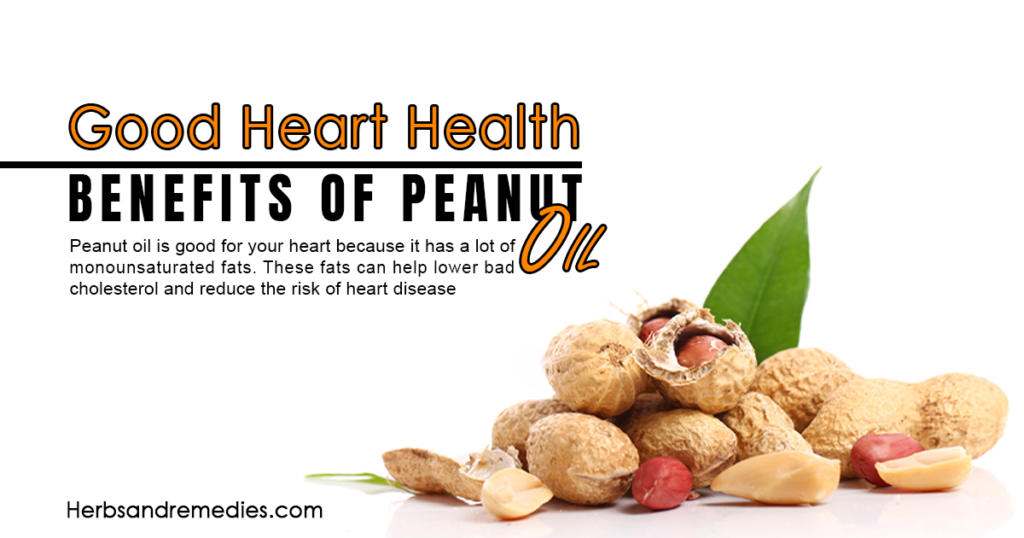
- Good Heart Health
Peanut oil is good for your heart because it has a lot of monounsaturated fats. These fats can help lower bad cholesterol and reduce the risk of heart disease. It also has vitamins that your body needs, like vitamin E, which is a powerful antioxidant that protects the heart by lowering oxidative stress.
Peanut oil also has magnesium and potassium, which are important for keeping blood pressure in check and keeping the heart healthy. By supplying these advantageous elements, peanut oil can improve heart health when used in moderation. To receive individualized nutritional guidance, never disregard competent medical advice.
- Better Diabetes Control
Peanut oil is a great ally in the fight against diabetes because it is full of vitamins. This heart-healthy oil has a lot of vitamin E, which helps insulin work better and lowers the risk of problems by making insulin more sensitive. It also contains vitamin K, which aids in controlling blood sugar.
The B vitamins found in peanut oil, such as niacin (vitamin B3), folate, and vitamin B6, maintain a healthy metabolism overall and facilitate glucose metabolism. Adding peanut oil to your diet is a tasty and healthy way to help control your diabetes.
- Lower Cholesterol
When used in cooking, the heart-healthy monounsaturated fats found in peanut oil can help reduce cholesterol levels. These fats can lower LDL cholesterol, sometimes known as “bad” cholesterol, in the bloodstream, thereby enhancing cardiovascular health. Peanut oil also contains vitamin E, an antioxidant that aids in cell protection and promotes general wellbeing.
Peanut oil is a tasty and healthy way to help lower cholesterol and get more important vitamins every day. Consider adding this tasty oil to your cooking arsenal as a result if you want to take a heart-healthy approach to nutrition.
- High In Oleic Acid
Peanut oil is widely used in the kitchen because of its well-known high oleic acid content, which is beneficial to cardiovascular health. This monounsaturated fat helps keep cholesterol levels in check, which is great for your heart.
Peanut oil is a great source of vitamin E, a powerful antioxidant that helps protect cells from oxidative damage. The oleic acid and vitamins in peanut oil make it a delicious and nutrient-rich option for your cooking. It can benefit your taste buds and general health if you include it in your diet.
- Good Source of Vitamins E
Peanut oil is an excellent source of vitamin E, an essential nutrient with many health benefits. Vitamin E from peanut oil serves as a powerful antioxidant that guards against the oxidative damage that free radicals cause to cells. This shielding property improves the condition of the skin overall and can lessen aging symptoms.
Additionally, vitamin E is essential for boosting eye health, preserving healthy skin, and bolstering the immune system. Peanut oil is a healthy addition to your diet because it contains peanuts, which provide not only a delicious flavor but also nutritional benefits. Incorporating peanut oil into your cooking is a tasty way to make sure you are getting a healthy dose of this essential vitamin.
- Provide Phtosterols
Peanut oil is a good source of phytosterols, which are natural substances that are good for your health. In addition to improving heart health and lowering the risk of heart disease, phytosterols are known to help lower levels of LDL (bad) cholesterol. These plant-based chemicals work is to stop the body from absorbing cholesterol.
Vitamin E, a powerful antioxidant that shields cells from oxidative stress, is one of the vital vitamins found in peanut oil in addition to phytosterols. Peanut oil is a good way to add flavor and nutrition to a healthy diet because it contains phytosterols and vitamins. You can take advantage of phytosterols and important vitamins to promote your general well-being and keep a healthy heart by using peanut oil in your cooking.
How to Incorporate Peanut Oil in Daily Life?
Because of its high smoke point and bland flavor, peanut oil is a flexible and often used frying oil. It also gives Asian and Southeast Asian meals a characteristic nutty flavor, making it a favorite for stir-frying and as a cooking oil in many different recipes. Here are some uses of peanut oil:
Cooking
The high smoke point of peanut oil makes it a popular choice for frying and sautéing. It is frequently used to stir-fry vegetables and meats as well as deep-fry items including chicken, French fries, and doughnuts.
Salad Dressings
The mild flavor and smooth texture of peanut oil make it a suitable base for salad dressings. Salads and other cold dishes can taste better as a result.
Baking
Using peanut oil in baking allows you to create a variety of baked items, including muffins, cookies, and cakes. It can give baked goods a moist texture and a little nutty flavor.
Marinades:
Meat, poultry, and seafood marinades can include peanut oil as a flavoring agent. Because of its high smoke point, it helps roasting or grilling produce a delicious sear.
Popcorn:
Some individuals like to cook their popcorn in peanut oil. It has a distinctive flavor and can withstand the intense heat required for popping kernels.
In conclusion, peanut oil is a useful and popular cooking oil with a number of distinguishing qualities. Its mild flavor goes well with a variety of foods, and its high smoke point makes it perfect for frying and sautéing, among other culinary techniques. Due to its monounsaturated and polyunsaturated fats, which may have significant health advantages, peanut oil is also thought to be rather healthful.
FAQs
- How Is Peanut Oil Manufactured, And What Is It?
To make peanut oil, raw or roasted peanuts are crushed and pressed to release their oil, which is then refined and filtered.
- Is Peanut Oil Safe For People Who Are Allergic To Nuts?
In general, peanut oil is not suitable for people with peanut allergies because it may still contain small amounts of peanut proteins.
- What Are the Main Applications of Peanut Oil in Cooking?
The high smoke point and mild flavor of peanut oil make it a popular choice for shallow and deep frying.


